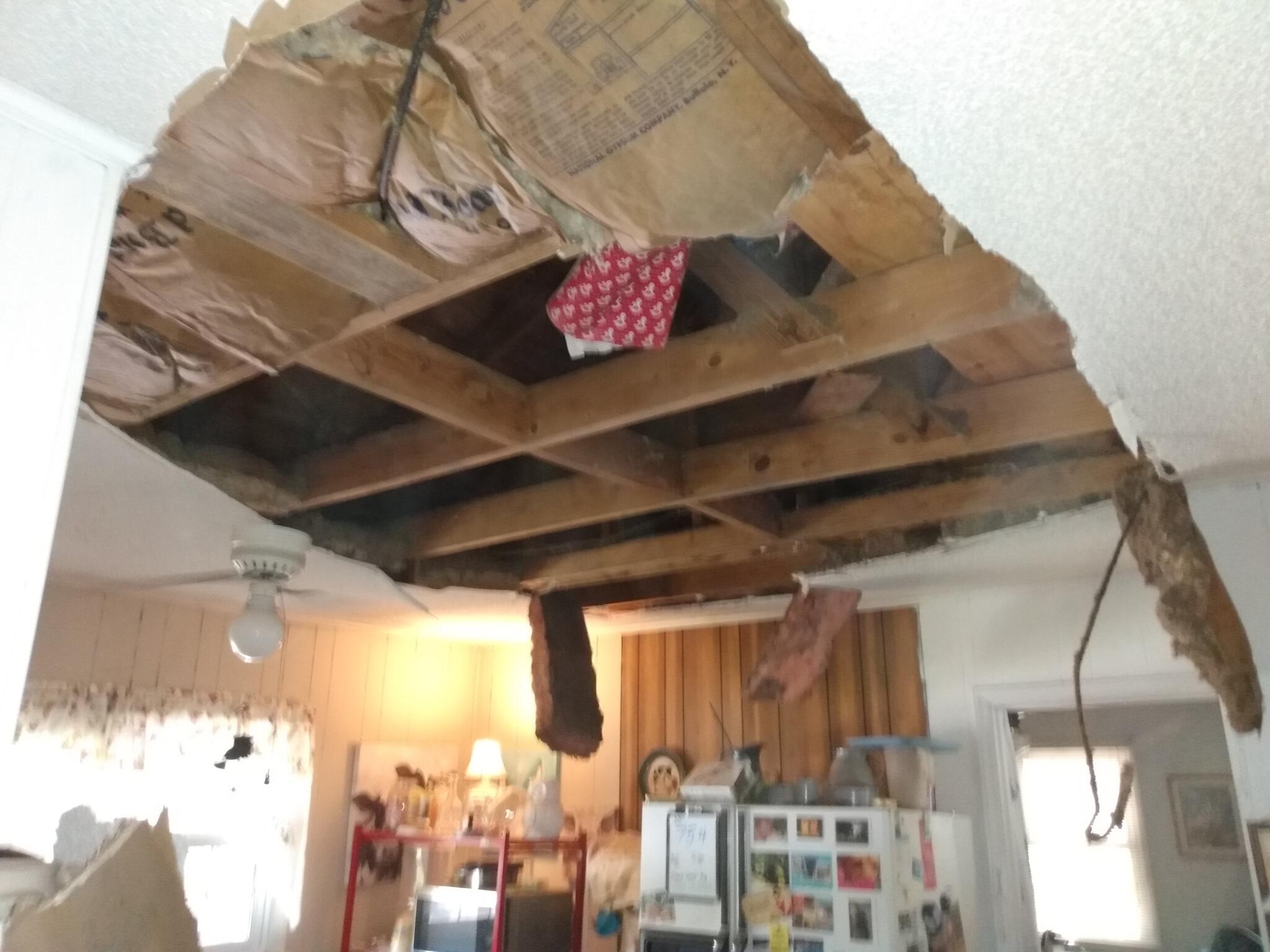HVAC Systems for Extreme Weather Conditions
As climate change leads to more extreme weather events, HVAC systems are adapting to keep homes comfortable regardless of the external conditions. Whether dealing with a scorching summer heatwave or a freezing winter storm, modern HVAC systems are designed to perform optimally in harsh environments. The development of hybrid systems, which combine traditional heating and cooling methods with newer, more efficient technologies, allows homeowners to tackle extreme temperatures without worrying about system failure or high energy bills.
Air Conditioning RepairAir Conditioning Repair is here to help. Serving the Greensboro, NC area, we specialize in providing top-tier HVAC installation, repair, and maintenance services that ensure your home stays comfortable all year long. Contact us today to learn more and start enjoying the future of home comfort!
A New Era of Airflow Control
Smart ventilation systems are changing how we manage airflow in our homes. These systems use sensors to monitor air quality, temperature, and humidity, adjusting ventilation accordingly to ensure optimal indoor conditions. For example, if CO2 levels rise or humidity becomes too high, the system can automatically increase ventilation, promoting better airflow and improving air quality. This kind of intelligent control not only enhances comfort but also ensures that homes remain healthy and energy-efficient.
The Next Step in Smart Homes
Artificial intelligence (AI) is playing a pivotal role in the future of HVAC technology. AI-powered systems use machine learning and real-time data to monitor and adjust the home’s climate in a way that is both personalized and energy-efficient. These systems can learn from your patterns and preferences, automatically adjusting the temperature to ensure comfort when you’re at home and saving energy when you’re away. AI can also analyze factors like outdoor weather and indoor humidity, making constant adjustments to optimize both comfort and energy consumption.
The future of HVAC systems lies in their ability to provide comfort while being energy-conscious. Systems like heat pumps, which work efficiently by transferring heat from one place to another, are becoming more common as an alternative to traditional heating methods. As we move toward more eco-friendly living, the demand for energy-efficient systems will continue to grow, driving even more innovation.
Harnessing the Earth’s Natural Energy
Geothermal heating and cooling systems represent a breakthrough in energy-efficient HVAC technology. These systems take advantage of the earth’s natural temperature, using the ground to either heat or cool the home. Geothermal heat pumps work by transferring heat between the earth and the home, keeping the interior comfortable regardless of the outside weather. Unlike conventional HVAC systems that rely on fossil fuels, geothermal systems use renewable energy, making them an environmentally friendly option for homeowners.
Flexibility and Efficiency Combined
Ductless HVAC systems have gained popularity in recent years, especially in homes that lack existing ductwork or in spaces where specific climate control is needed. These systems, which use individual air handlers for each room or zone, offer flexibility and efficiency. With ductless HVAC systems, homeowners can control the temperature in different areas of the home independently, reducing energy waste and improving overall comfort.
 Ductless systems are also easy to install, making them a great choice for home additions or renovations. They can be installed in a variety of configurations, whether mounted on the wall, ceiling, or floor, giving homeowners options based on their space’s design. As these systems continue to evolve, we can expect more advanced features, such as integrated air purifiers and enhanced energy-saving capabilities.
Ductless systems are also easy to install, making them a great choice for home additions or renovations. They can be installed in a variety of configurations, whether mounted on the wall, ceiling, or floor, giving homeowners options based on their space’s design. As these systems continue to evolve, we can expect more advanced features, such as integrated air purifiers and enhanced energy-saving capabilities.
The demand for air purifiers is expected to grow as consumers become more health-conscious. Innovations such as HEPA filters and ultraviolet (UV) lights are already revolutionizing the way air purifiers work, ensuring the air is not only clean but also free from bacteria and viruses. As HVAC systems continue to incorporate better filtration methods, we can expect even more effective solutions that target a wider range of pollutants.
Breathing Cleaner, Healthier Air
Indoor air quality has emerged as a significant concern in recent years, especially as we spend more time inside. Pollution, allergens, and even viruses can circulate within the home, leading to health issues like allergies, asthma, and respiratory problems. As a result, air purifiers have become an essential addition to many HVAC systems. These advanced filters can trap dust, pet dander, pollen, and even harmful microorganisms, ensuring that the air inside your home is cleaner and healthier.